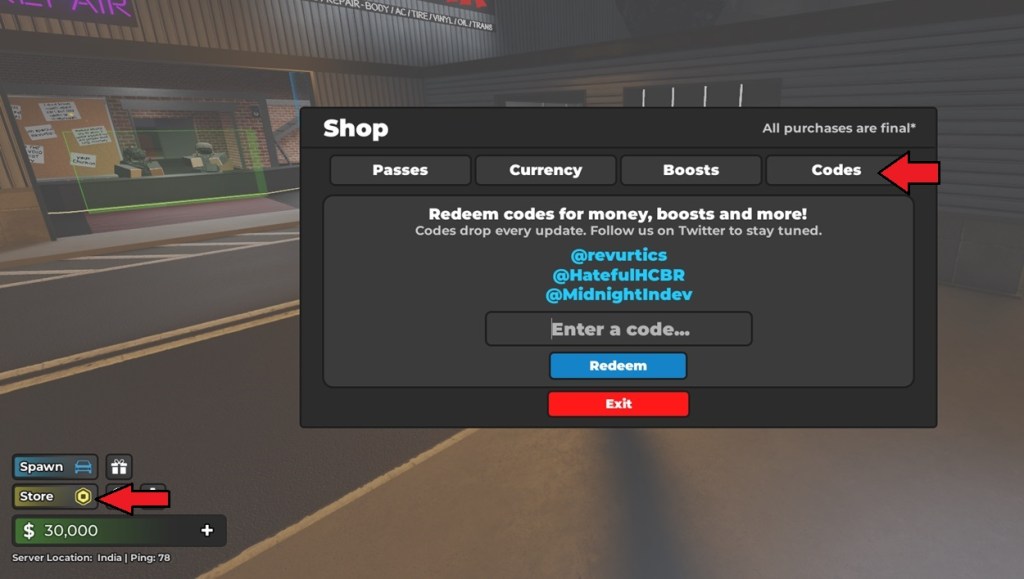Defining the "Midnight Chasers Code"
The "Midnight Chasers Code" (MCC) refers to a structured set of operational protocols, guiding principles, and best practices tailored for individuals or teams undertaking critical tasks, intensive development sprints, or system maintenance primarily during late-night or off-peak hours. The core tenets of this code emphasize heightened efficiency, stringent security, meticulous planning, and robust resilience to navigate the unique challenges and opportunities presented by working outside standard operational windows.
Core Components of the MCC
Effective implementation of the MCC typically involves adherence to several key components:
-
Strategic Preparation & Pre-Session Briefing:
- Objective Clarification: Clearly defined goals, scope, and expected outcomes for the session. Ambiguity is minimized.
- Resource Verification: Confirmation of access to all necessary systems, data, tools, and licenses. Environment setup validated.
- Risk Assessment & Mitigation: Identification of potential failure points, development of rollback strategies, and contingency plans.
- Energy Management Plan: Personal strategies for maintaining focus and alertness during extended nocturnal work.
-
Execution Discipline & Protocol:
- Focused Work Blocks: Implementing techniques like time-blocking to maintain high concentration and productivity, minimizing distractions.
- Communication Protocols: Establishing clear, concise, and pre-agreed communication channels, especially for remote or distributed teams. Update frequency and escalation paths defined.
- Incremental Progress & Version Control: Regular commits of work, detailed logging of actions, and diligent use of version control systems to safeguard progress and facilitate auditing or recovery.
- Problem Escalation Procedures: Defined pathways for escalating unresolved issues or unexpected critical errors encountered during the session.
-
Heightened Security & Integrity Measures:
- Increased Vigilance: Recognizing that off-peak hours can sometimes present different security landscapes or reduced immediate support.
- Strict Access Control: Adherence to the principle of least privilege and robust authentication mechanisms.
- Anomaly Monitoring: Proactive monitoring for unusual system behavior or security alerts.
- Data Handling Protocols: Secure management of sensitive data, especially if accessed or modified during these hours.
-
Post-Operational Review & Handover:
- System & Outcome Verification: Thorough testing and validation to ensure tasks are completed successfully and systems are stable.
- Comprehensive Documentation & Handoff: Detailed recording of work performed, challenges encountered, solutions implemented, and any pending items for handover to daytime teams or subsequent shifts.
- Session Debrief: (If applicable for teams) A quick review of what went well, what could be improved, and lessons learned for future "midnight" sessions.
- Personal Recovery Strategy: Implementing measures to mitigate the physiological impact of nocturnal work patterns.
Contextual Application and Significance
The "Midnight Chasers Code" finds its relevance across various professional domains where sustained, focused effort during non-standard hours is required. Key areas include:

- Software Development & DevOps: For intensive coding sprints, major deployments, or critical bug fixes during low-traffic windows to minimize user impact.
- Cybersecurity Operations: For incident response teams (CSIRT/SOC) managing active threats, performing urgent patching, or conducting forensic analysis outside business hours.
- System Administration & SRE: For planned maintenance, infrastructure upgrades, or disaster recovery drills that are best performed off-peak.
- High-Stakes Project Management: For teams pushing to meet critical deadlines requiring extended work hours.
- Financial & Trading Systems: For overnight batch processing, system reconciliation, or algorithmic trading strategy adjustments in global markets.
Adherence to a well-defined "Midnight Chasers Code" enhances the likelihood of successful outcomes, mitigates risks associated with off-hours work, and promotes sustainable productivity for individuals and teams operating under such demanding schedules.










